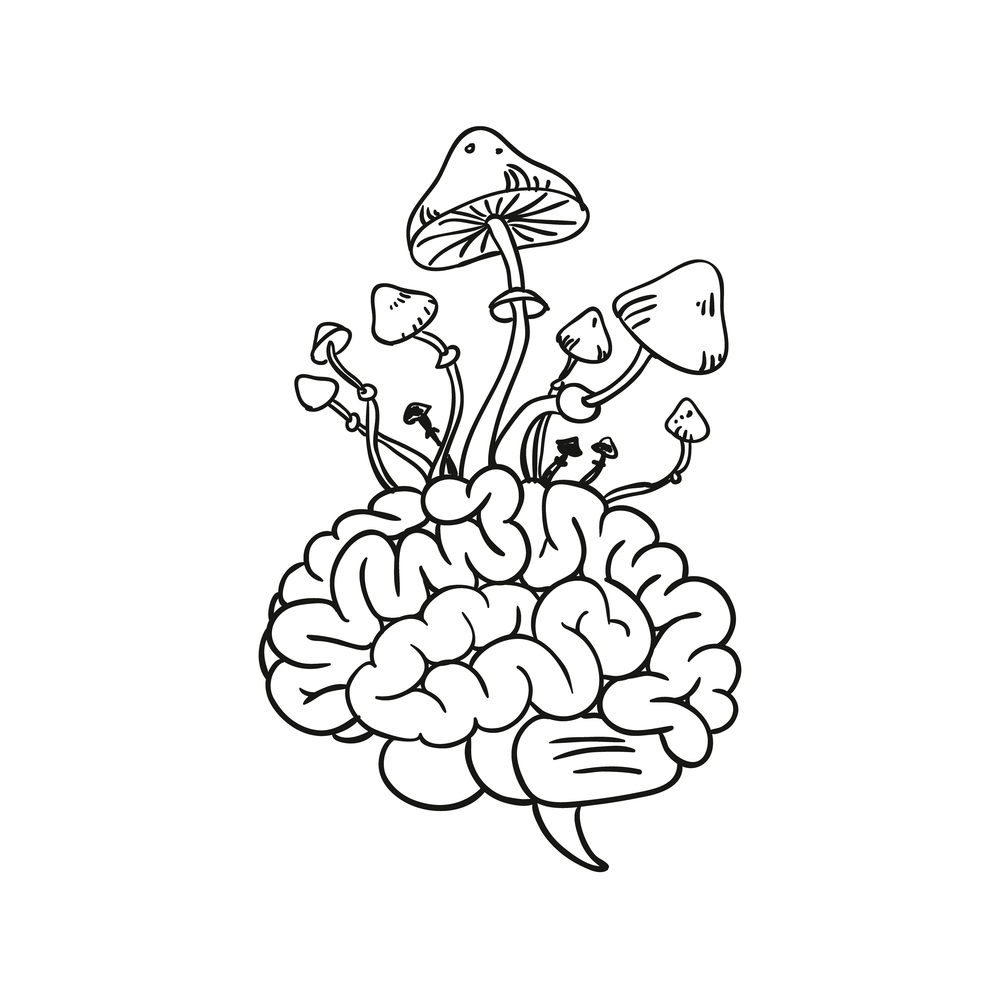There appears to be a recurring pattern with new mental healthcare treatments. They often start with much hype, excitement, and interest. As soon as a new treatment is introduced, its supporters tout its effectiveness, offering renewed hope to those who have not found success with other treatments.
However, this mental health hype is inevitably followed by a decrease in clinical success over time. What was once seen as a kind of mental health magic bullet eventually becomes just another treatment option. This pattern is not only devastating due to lost hope, but it is also dangerous because each new mental health treatment comes with its own side effects that go underreported and under-researched for too long.
A new study published in the journal Psychoactives calls into question the long-term effectiveness and generalizability of psychedelic therapies, urging a cautious approach and more rigorous future studies.
The review examines the hype-to-humble pattern for psychiatric treatments. The European authors start with an analysis of the rise and fall in effect size of cognitive behavioral therapy (CBT), mindfulness mediation, selective serotonin reuptake inhibitors (SSRIs), and ketamine. Then, they assess the current state of psychedelic treatments (such as psilocybin, ayahuasca, and LSD) for depression, acknowledging their growing popularity. Finally, the authors speculate that as clinical trials increase in size over time, psychedelic mental health treatments will likely prove to be no more effective than other everyday treatment options.
“Most psychedelic trials have a low overall risk of bias, but there are still notable biases across trials in terms of outcome reporting and deviations from intended interventions (primarily due to blinding concerns). However, psychedelics are the newest of these treatments; many psychedelic trials are small, have unmasked control conditions, and use highly screened study samples,” the authors write.
“The early stage of this research calls for caution about predicting the long-term reproducibility and generalizability of psychedelic treatments for depression. Based on our review of other interventions that received a great deal of hype, as psychedelic research progresses, its effect sizes may also decrease while its adverse events will likely increase due to improvements in study design, generalizability, larger sample sizes, and more reporting.”
The study emphasizes the pattern of declining effect sizes in psychiatric treatments over time—a trend attributed to larger, more rigorously designed trials and more representative sample sizes. The authors highlight the importance of maintaining rigorous scientific standards and balanced public communication to prevent the potential disillusionment that could follow from inflated expectations. This cautionary tale serves not only as a critique of the current state of psychedelic research but also as a reminder of the complex nature of treating mental health disorders and the need for continuous, critical evaluation of new therapies as they develop.
















“As soon as a new club, ball or training aid is introduced, golfers tout its effectiveness, offering renewed hope to those who have not found success with other methods of lowering their scores.
However, this scoring hype is inevitably followed by a decrease in claims of lowered handicaps over time.”
There, I fixed it so it sounds exactly like all the fads that come and go in the golf industry. ;P
Report comment
The researchers didn’t mention how yoga’s become a form of exhibitionism—one that can ruin people’s knees and hips.
Human beings are built to walk, not twist themselves into a pretzel for likes on Instagram.
Report comment